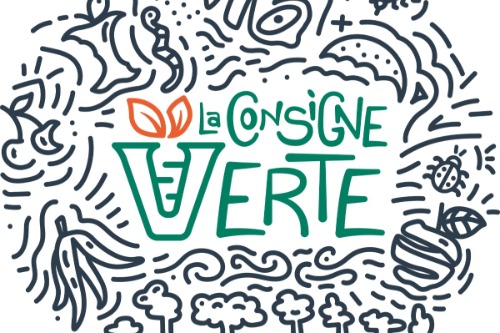01. Définition
Économie circulaire
Comment façonner un avenir durable ?
L'économie circulaire vise à changer le paradigme par rapport à l'économie linéaire, en limitant l'impact sur l'environnement et le gaspillage des ressources, ainsi qu'en augmentant l'efficacité à tous les stades de l'économie du produit. Les récentes alertes sur la pollution par les déchets et les limites des ressources naturelles encouragent le développement d'une économie circulaire. Quelle est la définition de l'économie circulaire, quels sont ses avantages et les solutions pour y parvenir ?



02. Campagnes
Principes de l'économie circulaire
- Achats durablesDéveloppement et mise en œuvre d'une politique d'achat responsable
- L'écoconception: processus de réduction des impacts environnementaux d'un produit ou d'un service tout au long de son cycle de vie.
- Écologie industrielle et territorialerecherche de synergies éco-industrielles à l'échelle d'une zone d'activité - les déchets d'une entreprise peuvent devenir les ressources d'une autre
- Économie de la fonctionnalitééconomie collaborative qui privilégie l'usage à la possession et tend donc à vendre des services liés aux produits plutôt que les produits eux-mêmes.
- Consommation responsableconsommation rationnelle et choix des produits en fonction de critères sociaux et écologiques
- L'allongement de la durée d'utilisation : par la réparation, la réutilisation et le réemploi
- Recyclagetraitement et récupération des matériaux contenus dans les déchets collectés.

03. Impacts
Avantages de l'économie circulaire
- EnvironnementLe premier avantage de l'économie circulaire est la protection de l'environnement, en réduisant les déchets et les émissions de gaz à effet de serre, en systématisant le recyclage et en mettant fin à l'obsolescence programmée. L'économie circulaire permet également de diminuer la dépendance à l'importation de ressources (matières premières, eau, énergie).
- L'économieL'économie circulaire présente un autre avantage considérable : elle stimule l'innovation et la croissance économique et pourrait, à long terme, améliorer la compétitivité des entreprises nationales.
- Social: en outre, l'économie circulaire crée des emplois et permet aux gens d'économiser de l'argent, réduisant ainsi le chômage et la pauvreté ainsi que les impacts sociaux de la pollution et du changement climatique.

04. Solutions
Solutions pour l'économie circulaire
05. Implémentations
Mise en œuvre de solutions d'économie circulaire
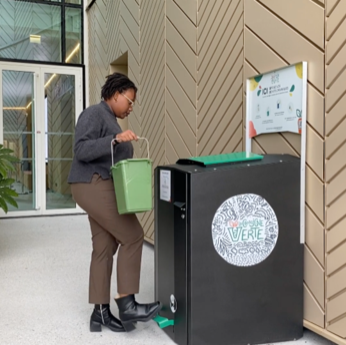
La Consigne Verte by TRIBIOVAL implemented by Le Connecteur in Biarritz (France) in 2023
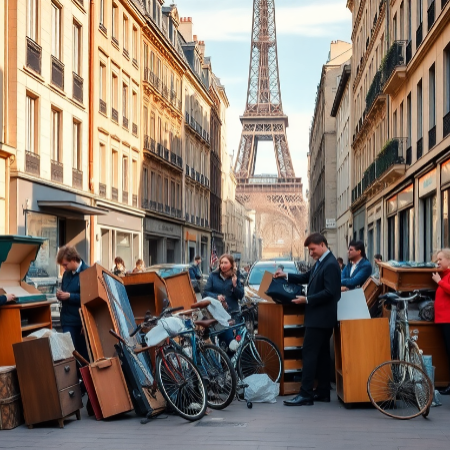
Collaborative Recycling by Corecyclage implemented by City of Paris in Paris (France) in 2018

MagicPallet by MagicPallet implemented by STG in Rennes (France) in 2022
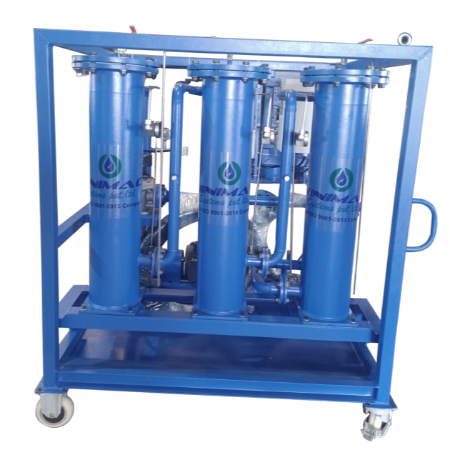
Minimac Total Lubricant Management Solution by Minimac Systems Pvt. Ltd. implemented by Indian Oil Corporation Ltd. in Haldia (Inde) in 2019

Liquids Bulk Expert by Jean Bouteille implemented by L'Occitane en Provence in Manosque (France) in 2021
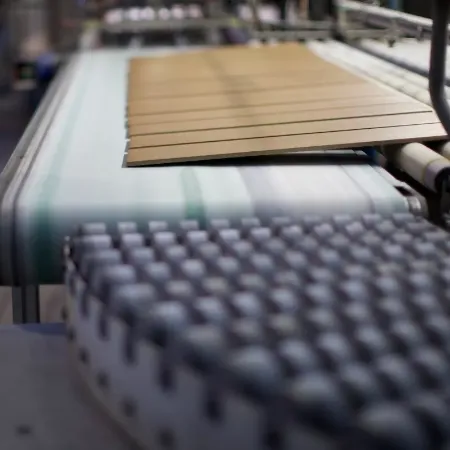
3Rtiles by Ceramiche Europe & Italgres implemented by ADEO in Paris (France) in 2024
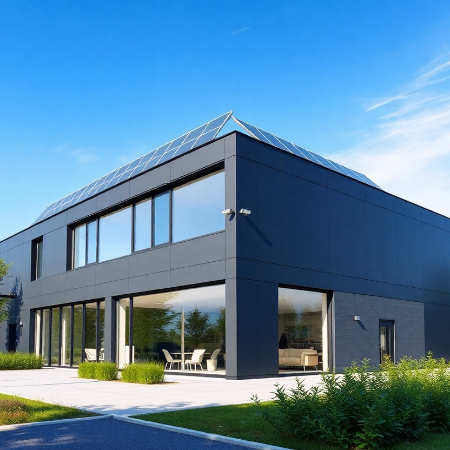
Wall E+ by Caerostris implemented by Solutions Composite in Les visites guidées (France) in 2019
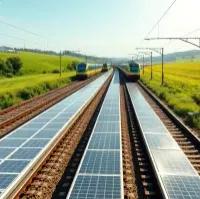
Greenrail by Greenrail S.r.l. implemented by Ferrovie Emilia Romagna in Région Emilia Romagna (Italie) in 2018
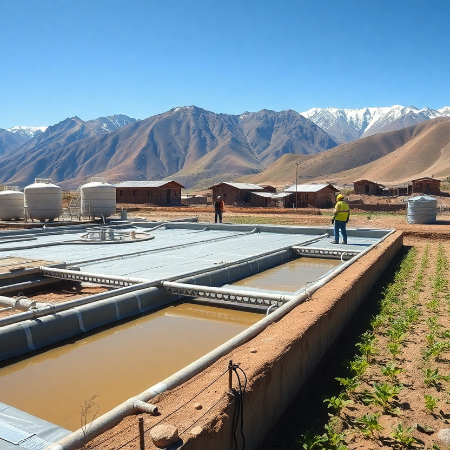
System O)) by DBO International implemented by SouthernCopperCorporation in Huaytire (Pérou) in 2020

Pyrowave by Pyrowave implemented by Michelin in Clermont-Ferrand (France) in 2020
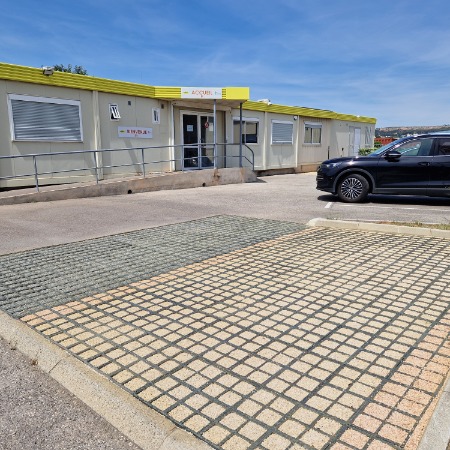
Purple SOLO ® by Purple Alternative Surface implemented by Colas in Vitrolles (France) in 2025
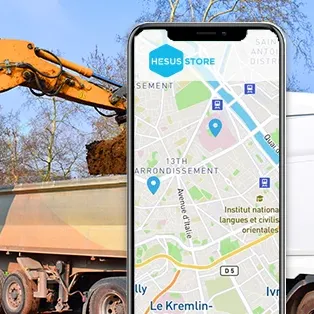
Hesus Store by HESUS implemented by City of Paris in Paris (France) in 2021
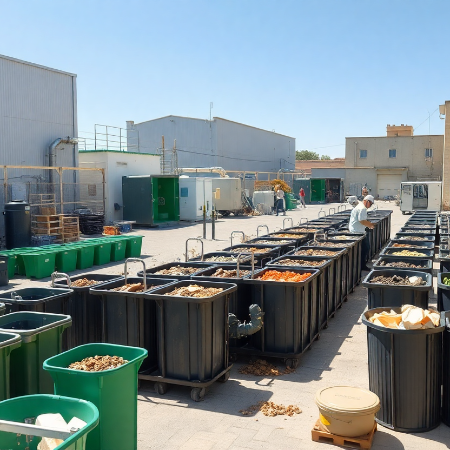
ValueWaste by CETENMA implemented by Municipality of Murcia in Murcie (Espagne) in 2022

NOOSA® FIBER by NOOSA implemented by Nolt in Auch (France) in 2024
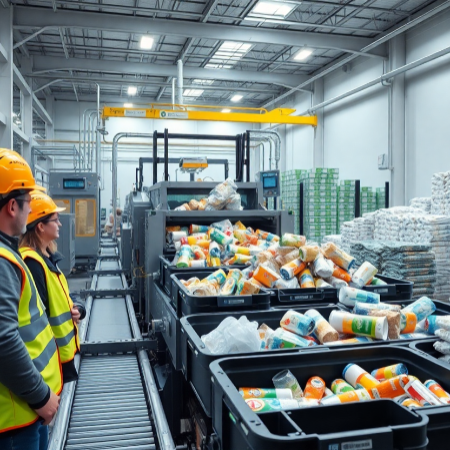
HolyGrail 2.0 by Procter & Gamble - P&G implemented by Decathlon in Ottawa (Canada) in 2021
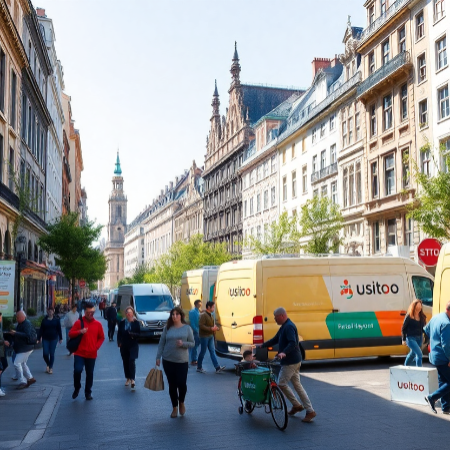
Usitoo by Usitoo implemented by City of Brussels in Bruxelles (Belgique) in 2022

06. Défis
Les défis de l'économie circulaire
- InstitutionnelLes institutions : les règles et réglementations doivent être adaptées pour encourager et promouvoir le développement de l'économie circulaire, tant au niveau national qu'international. En fait, le renforcement des politiques gouvernementales locales pour soutenir sa mise en œuvre, ainsi que la mise en place d'une législation claire sont essentiels pour promouvoir la transition vers des modèles d'entreprise de l'économie circulaire.
- L'économieLa transformation des entreprises est coûteuse. C'est pourquoi les incitations financières sont essentielles pour parvenir à l'économie circulaire. La réduction de la TVA sur les produits recyclés et l'augmentation de la taxe sur les matières premières vierges sont des exemples de solutions qui pourraient être adoptées pour accélérer l'adoption d'initiatives d'économie circulaire.




